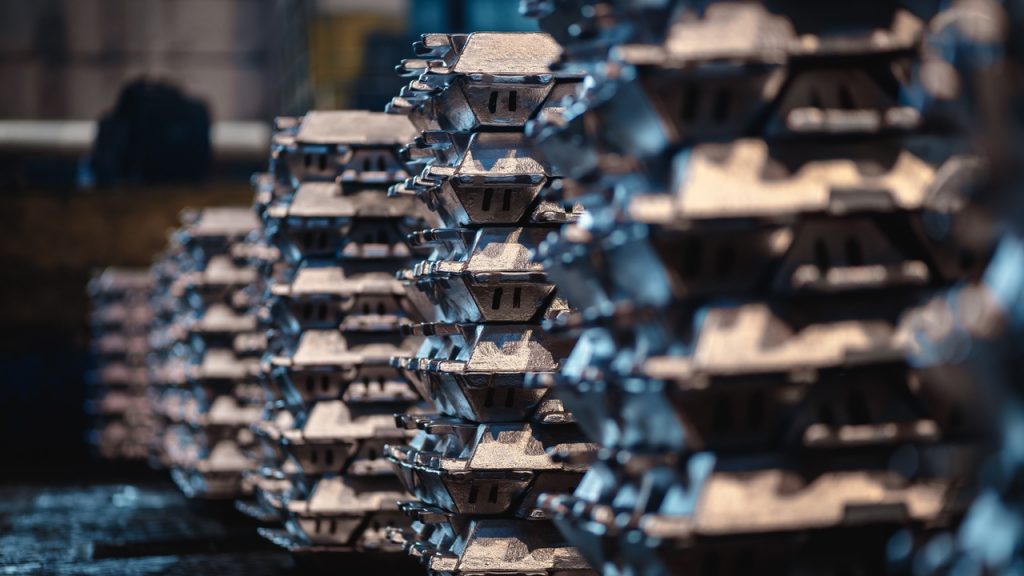

Artificial intelligence has dominated global headlines in recent years, usually in connection with IT firms, chatbots, or image-generation platforms. That gave an impression that only digital startups can use AI. In reality, another story is unfolding.

Industries once considered slow to change are also undergoing a transformation. Heavy industry, long viewed as conservative, is now adopting digital solutions to cut costs, raise efficiency, and improve quality.
Building a digital ecosystem
A prominent example is RUSAL, one of the world’s largest aluminium producers. Breaking away from the stereotype of “sluggish” heavy industry, the company has built a complete digital ecosystem in only two years. Today, advanced systems are present across almost every stage of the chain, from raw materials to quality control and logistics.
In 2024, RUSAL set up its own Industrial AI Department, now working on dozens of projects of different complexity. Each of them focuses on embedding neural networks directly into production, reducing the role of the human factor and driving maximum efficiency.
Also read: RUSAL produces high-purity aluminium with breakthrough inert anode technology
Raw material processing gets smarter
The shift began at the very start of the process. In raw material preparation, RUSAL introduced tools to examine the granulometric composition of sinter, a key component of anodes. Sinter quality directly influences electrolysis stability and equipment lifespan. With the new system, particle parameters are measured in real time. Any deviation is flagged and corrective action suggested, improving raw material consistency and overall product quality.
RUSAL has also put in place several inspection systems for aluminium ingots and alloys. These networks are trained to recognise even the smallest irregularities in structure and composition before products leave the line. If a risk is found, production settings are automatically adjusted. This limits human error and helps maintain a steady supply of high-quality aluminium.
Also read: Global Aluminium Industry Outlook 2025
Electrolysis automation
Another breakthrough came in 2024, when RUSAL launched an AI-driven electrolysis control technology. Electrolysis is among the most energy-intensive parts of aluminium making. The new approach uses neural networks to analyse thousands of parameters in real time, adjusting both current supply and electrolyte composition to hold conditions steady.
The result was lower energy use, higher process stability, fewer defects, reduced costs and a smaller carbon footprint. The technology was first tested at one smelter. By 2025, large-scale rollout had begun, linking the innovation into a unified monitoring system across all facilities. This platform now processes big data, identifies hidden correlations and anomalies, and provides automatic decision-making recommendations that boost productivity and reduce losses.
Logistics under digital control
The company has also expanded its programme into logistics. It now tracks container movements and analyses delivery routes in real time, with the ability to recalculate them instantly. This reduces delays, lowers risks, and saves resources. The result is more reliable shipments and greater transparency across the supply chain.
A strategic transformation
The RUSAL case shows how heavy industry can integrate into today’s technological agenda without losing pace. For the company, this is not a side project but a long-term strategy woven into daily operations. RUSAL is among the first aluminium producers worldwide to build such a comprehensive approach, embedding advanced systems into every part of production. The company describes its output as “Powered by AI.”
Responses








